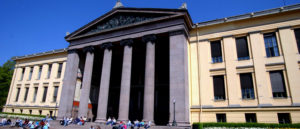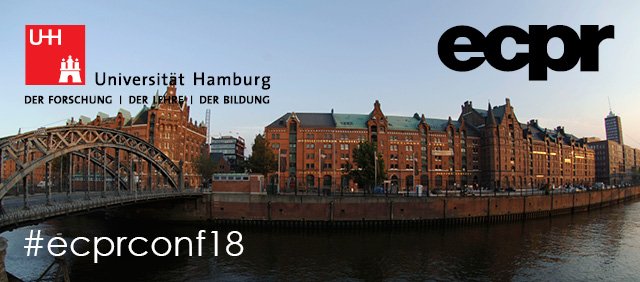
Between 22 and 25 August I’ve been in Hamburg for the yearly General Conference. Our Religion and Politics Standing group was very involved, organizing a section on “Revisiting Religion and Politics Research: Achievements, Critique, Future Questions”. The section included eight panel sessions on diverse subjects of the religion and politics field.
Particularly, with the precious help of Dr Marko Vekovic (University of Belgrade) I’ve convened two panel sessions on “Religion and Political Parties in Contemporary Democracies”, which included renowned scholars such as Prof. Sultan Tepe and Prof. Madalena Meyer Resende, but also some very interesting junior researchers from all over Europe. A lot of interest was of course focused on populist parties, a subject which was the focus of many panels in this year’s conference. In our panels, we have discussed about the role of religion in the populist phenomenon. Is there a role of the religious cleavage, or populist parties only instrumentalize religion in identity terms? Well, it is still hard to say, at this stage.
On Saturday 25th, the business meeting of our standing group has taken place, with the participation of about 25 colleagues. The main issue was the election of a new board member, after the resignation of Anja Hennig. The attendants have unanimously acclaimed Eva-Maria Euchner (Munich University) to take Anja’s place. The group is in very good health, with 231 members (a 15% growth since the 2016 conference) and very good ideas for future activities, which might include a summer school and a new journal. We also look forward a tighter cooperation between the ECPR group and the religion and politics groups and networks active at the national level in many European countries.
As a whole, the conference was a very pleasant experience, also because of the beautiful location (the city of Hamburg indeed proved a very pleasant venue), and the good organization. Particularly, I’d like to highlight the launch of a new ECPR open access journal, Political Research Exchange, a very interesting experiment which will be the focus of the next post of this blog.


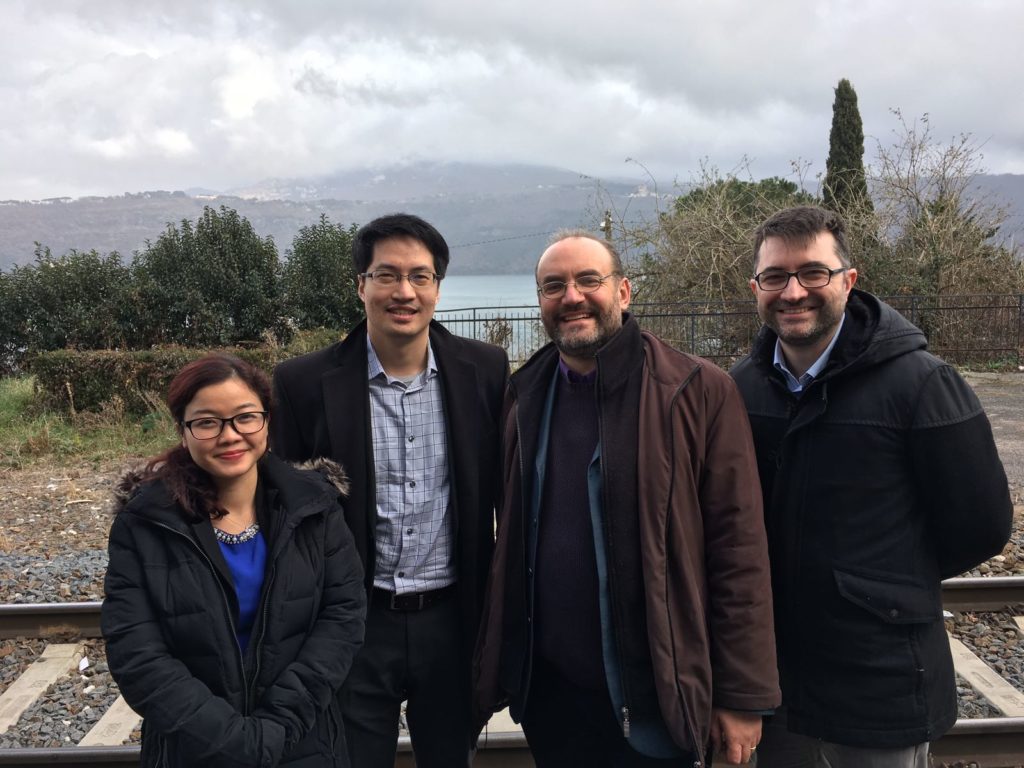
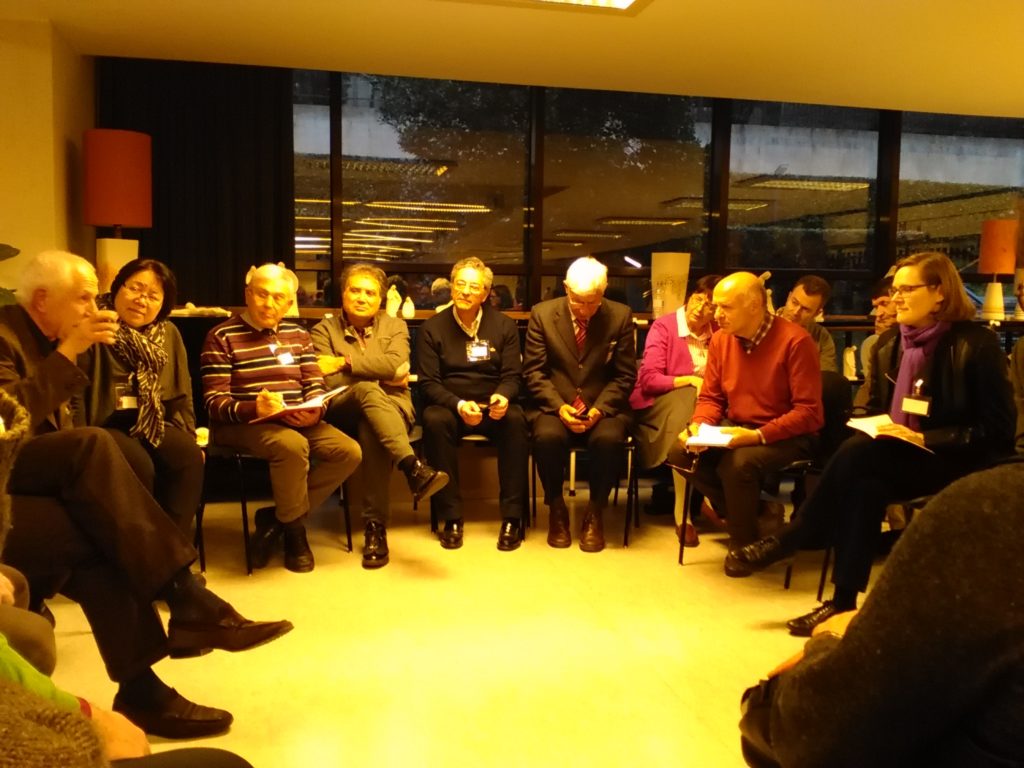
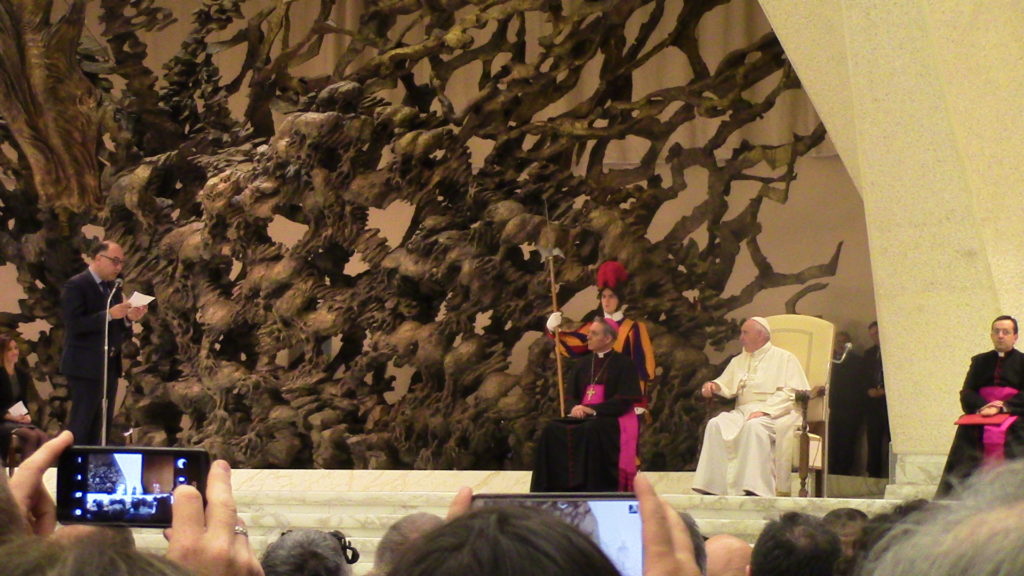
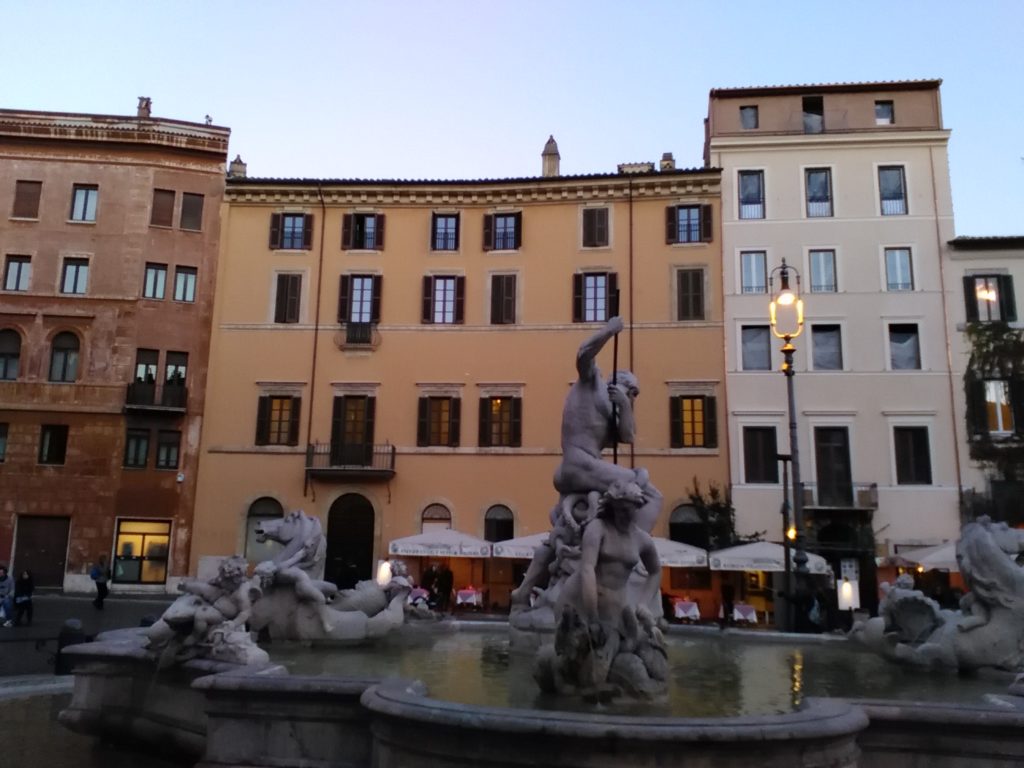
 The next general conference of the European Consortium for Political Research (ECPR) will take place in Oslo, on 6-9 September 2017. A huge event, for the main organization of political scientists in Europe. At the conference, I will have the honour to convene with Anja Hennig
The next general conference of the European Consortium for Political Research (ECPR) will take place in Oslo, on 6-9 September 2017. A huge event, for the main organization of political scientists in Europe. At the conference, I will have the honour to convene with Anja Hennig 